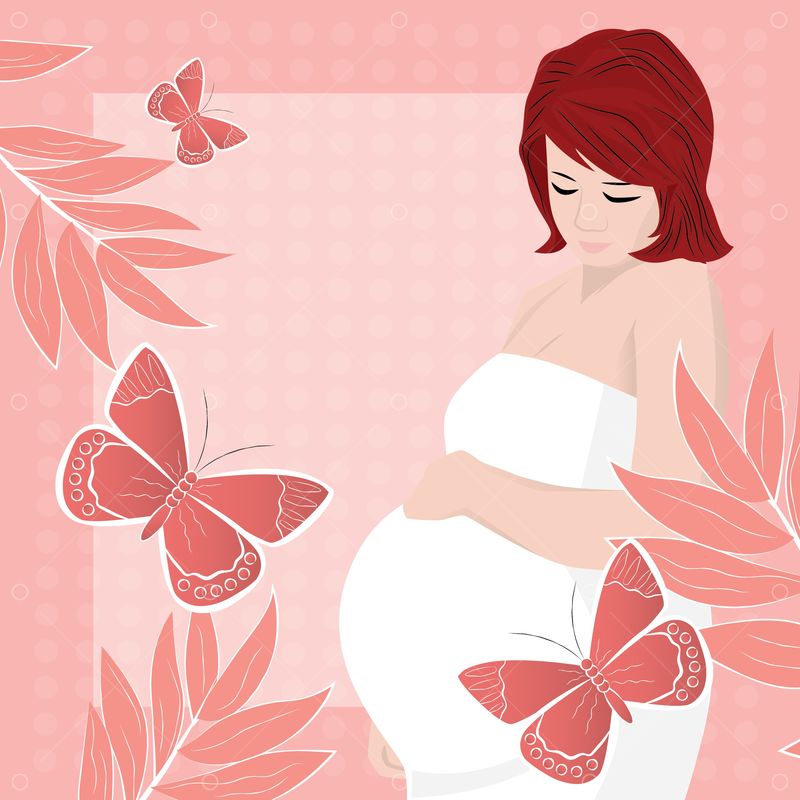
REPRODUCTIVE JUSTICE
MEDICALIZATION IN MATERNAL HEALTHCARE

NORTH AMERICA (OTHER THAN THE U.S.)
CANADA
2017
Gagnon, R. and Champagne-Poirier, O. (2021). Giving birth to another child; women's perceptions of their childbirth experiences in Quebec. Qualitative Health Research. vol 31(5). DOI https://doi.org/10.1177/1049732320987831 Accessed https://journals.sagepub.com/doi/abs/10.1177/1049732320987831
Abstract: "Medical interventions during childbirth are on the rise and many women in Quebec emerge from a first childbirth with the desire to live a different, less medicalized subsequent experience. To address how multiparity can affect the ways of giving birth, we conducted 20 in-depth qualitative interviews with multiparas who gave birth to their last child in various birthing environments in the 6 months prior to this study. Using tri-level coding, we inductively analyzed the transcripts, which showed an evolution in the participants’ perspectives. A spiral effect seems to be in place: The more women feel at ease with childbirth, the more they seek to establish a context in which they feel even more at ease. However, some women had to go through multiple birth experiences before being able to assert themselves and consider their perspectives regarding their own experiences as legitimate"
2009
Schram, C. (2009). Maternal History. Accessed https://www.ncbi.nlm.nih.gov/pmc/articles/PMC2726092/
The New York Maternal Mortality Study was funded by the Commonwealth Fund and conducted by the New York Academy of Medicine from 1930 to 1932.6 The study found that home births attended to by midwives during this time actually had the lowest maternal death rate and that approximately two-thirds of the maternal deaths that occurred in hospital were preventable.
MEXICO
2017
Freyermuth, María Graciela, José Alberto Muños, and María Del Pilar Ochoa. “From Therapeutic to Elective Cesarean Deliveries: Factors Associated with the Increase in Cesarean Deliveries in Chiapas.” International Journal for Equity in Health 16, no. 1 (2017): 88–88. https://doi.org/10.1186/s12939-017-0582-2
The current results, in the context the recent legislative changes, allow us to conclude that the medicalization of childbirth and the increased C-section rate represent obstetric violence. Owing to the health risks associated with C-sections, we stress the need to implement actions to limit the number of C-sections. Better institutional organization is required to create space for women to recuperate. Medical regulations are needed to ensure that protocols and technical norms are being adequately implemented. Awareness should be increased among health personnel and the public regarding women reproductive rights.
Vega, R. A. (2017). Commodifying Indigeneity: How the Humanization of Birth
Reinforces Racialized Inequality in Mexico. Medical Anthropology Quarterly, 31(4),
499–518.
https://doi.org/10.1111/maq.12343
2016
Vega, R. (2016). Commodifying indigeneity: How the humanization of birth reinforces racialized inequality in Mexico. Medical Anthropology Quarterly, Vol31(4). DOI https://doi.org/10.1111/maq.12343 Accessed https://pubmed.ncbi.nlm.nih.gov/27717006/
Abstract: "his article examines the humanized birth movement in Mexico and analyzes how the remaking of tradition-the return to traditional birthing arts (home birth, midwife-assisted birth, natural birth)-inadvertently reinscribes racial hierarchies. The great irony of the humanized birth movement lies in parents' perspective of themselves as critics of late capitalism. All the while, their very rejection of consumerism bolsters ongoing commodification of indigenous culture and collapses indigeneity, nature, and tradition onto one another. While the movement is quickly spreading across Mexico, indigenous women and their traditional midwives are largely excluded from the emerging humanized birth community. Through ethnographic examples, the article suggests that indigenous individuals are agentive actors who appropriate cards in decks stacked against them. Examples of resistance emerge within a context of power and political economy that often capitalizes on images of indigeneity while obscuring the lives, experiences, and opinions of indigenous people"
2015
Dixon, L. (2015). Obstetrics in a time of violence; Mexican midwives critique routine hospital practices. Medical Anthropology Quarterly. Vol 29(4). DOI https://doi.org/10.1111/maq.12174 Accessed https://anthrosource.onlinelibrary.wiley.com/doi/abs/10.1111/maq.12174
Abstract "Mexican midwives have long taken part in a broader Latin American trend to promote “humanized birth” as an alternative to medicalized interventions in hospital obstetrics. As midwives begin to regain authority in reproductive health and work within hospital units, they come to see the issue not as one of mere medicalization but of violence and violation. Based on ethnographic fieldwork with midwives from across Mexico during a time of widespread social violence, my research examines an emergent critique of hospital birth as a site of what is being called violencia obstétrica (obstetric violence). In this critique, women are discussed as victims of explicit abuse by hospital staff and by the broader health care infrastructures. By reframing obstetric practices as violent—as opposed to medicalized—these midwives seek to situate their concerns about women's health care in Mexico within broader regional discussions about violence, gender, and inequality"